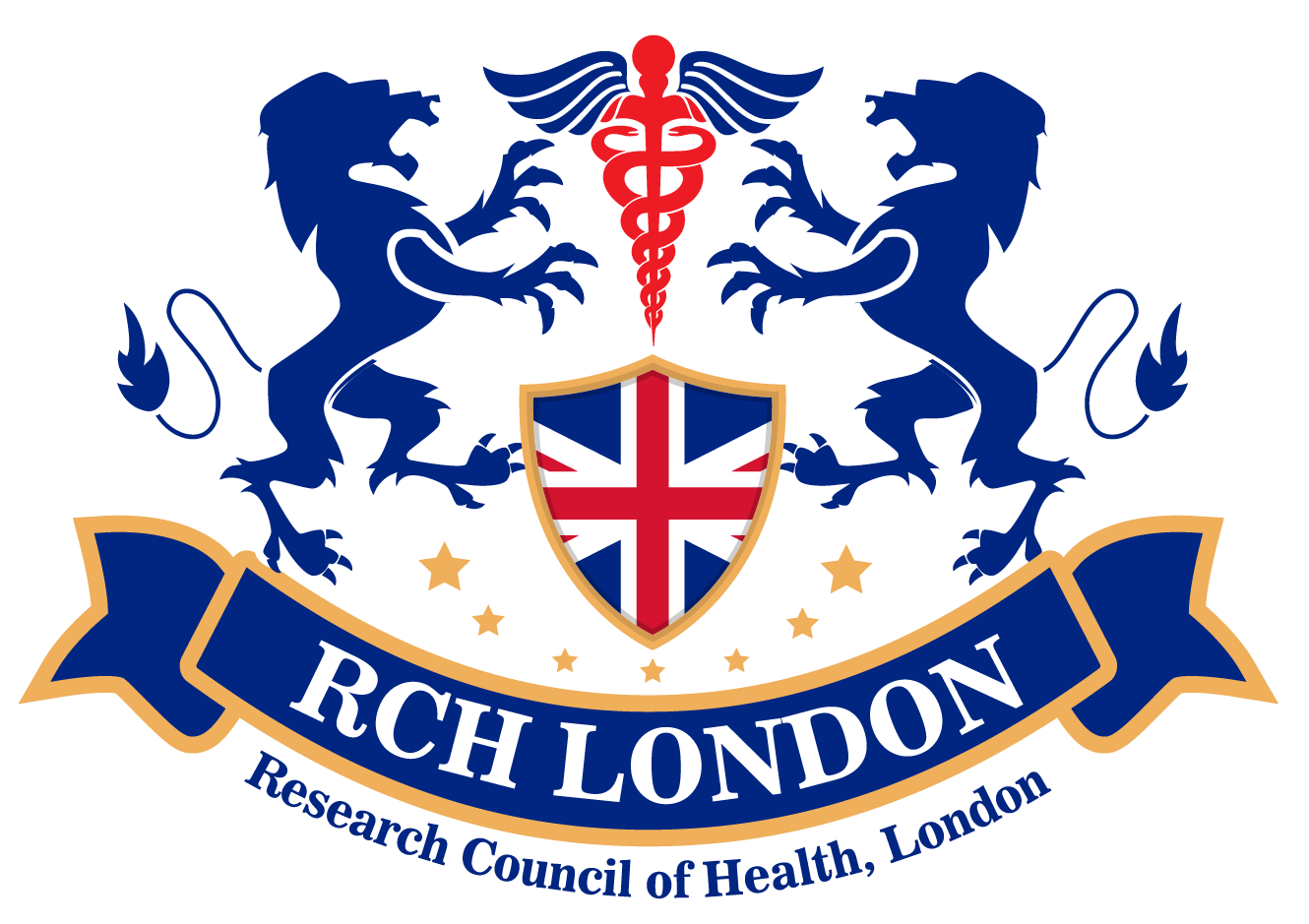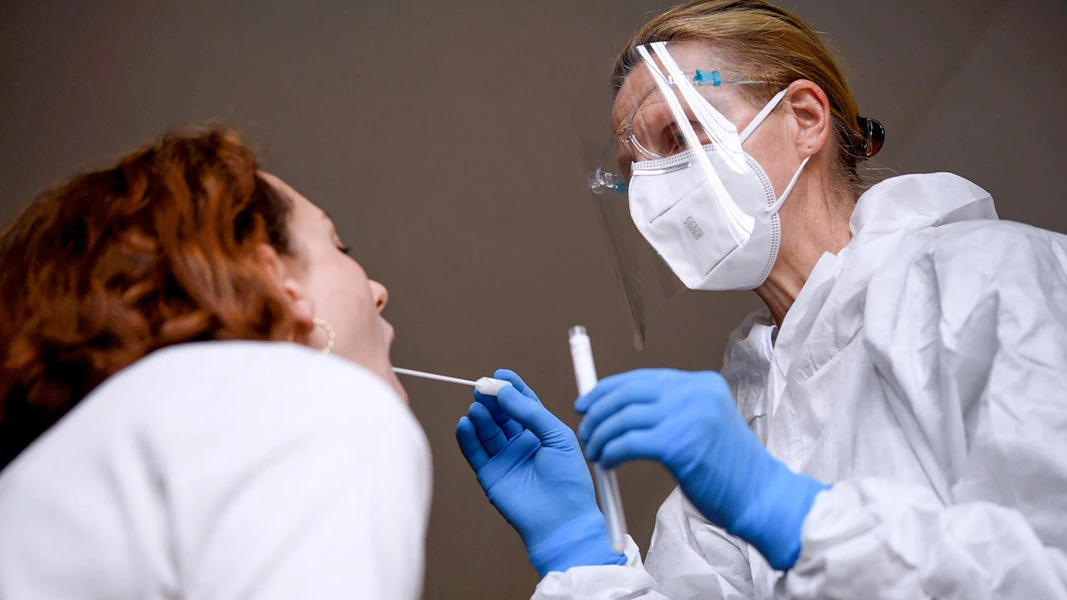Covid-19: US scientists develop faster and cheaper test than RT-PC.
The method was developed following a collaboration between researchers at the NIH Clinical Center, US National Eye Institute (NEI), and the National Institute of Dental and Craniofacial Research (NIDCR).
A new sample preparation method to detect the presence of SARS-CoV-2 that bypasses the need to extract genetic RNA material of the virus has been developed by US National Institutes of Health (NIH) scientists. This method could potentially reduce time and cost for Covid-19 tests. The method was developed following a collaboration between researchers at the NIH Clinical Center, US National Eye Institute (NEI), and the National Institute of Dental and Craniofacial Research (NIDCR). The standard tests for Covid-19 that are available at present amplify the viral RNA to detectable levels using RT-qPCR. However, the RNA must first be extracted from the sample for the test. RNA extraction kits manufacturers have found it difficult to keep up with demand for the equipment during peak periods of the pandemic. The US researchers used an agent called ‘Chelex 100 resin made by Bio-Rad, a lab supply company, to preserve the RNA samples of SARS-CoV-2 in samples for RT-qPCR detection. The team used nasopharyngeal and saliva samples that had various concentrations of virion to see if they could be used to detect RNA directly, the study’s lead author Bin Guan, of US the National Eye Institute, was quoted as saying by NIH. The result was positive and showed markedly high sensitivity. The preparation also inactivated the virus and made it safer for personnel in the lab. The findings of the NIH research have been published in iScience. The team tested several chemicals and used both human and synthetic samples to reach their conclusion. The scientists identified the chemicals that could preserve with minimal degradation the RNA in test samples while also allowing direct virus detection by RT-qPCR. They collected patient samples, stored them in both the viral transport media and the new chelating-resin-buffer at the Symptomatic Testing Facility of the NIH to validate the test. The viral transport media samples were tested by NIH’s Clinical Center Covid-19 testing team using conventional methods of RNA extraction and RT-qPCR testing. The chelating-resin-buffer samples were first heated before testing the viral RNA by RT-qPCR. The tests showed that the new preparation increased significantly the RNA yield for testing.
Source: Financial Express(India).


